Seasonal depression, often called seasonal affective disorder (SAD) happens at the same time each year. Many of us have heard of the “winter blues”, which is a milder version of seasonal depression. It is common for individuals to feel down and sad when the days start to get darker, and the weather starts to get gloomier. According to research, seasonal depression is more common in women, young adults, or individuals with a family history of depression.
Seasonal depression happens when the seasons are changing, especially when summer is ending, and fall is starting. There is less sunlight during the day, which can greatly impact an individual’s mental health and mood. Impacted individuals may experience negative thoughts, anxiety, low mood, irritability, loneliness, sadness, sleeping issues, low energy, difficulty concentrating, changes in appetite, agitation, and no pleasure in activities they once enjoyed.
As we know, we all have days during which we feel off or feel sad. However, if this is occurring consistently when the weather is dark, then there are some ways to help. Here are some things to do when you are experiencing seasonal depression:
Get Some Vitamin D
Vitamin D is important during the fall/winter months as we are not getting the same amount of sunlight as in the summer months. Not incorporating enough vitamin D in your diet can be related to an increase in depressive symptoms. Therefore, you can increase your food intake of foods that are rich in vitamin D such as salmon, tuna, egg yolks, mushrooms, milk (cow, soy), orange juice, and oatmeal. Alternatively, you can use vitamin D lamps that activate the production of vitamin D in your skin. These lamps can also brighten up your space on those gloomy days.
Go For a Walk Everyday
Exercise increases endorphins and serotonin, which can put you in a better and more positive mood. Exercising in the daylight can be very beneficial, even if the weather makes things challenging.
Increase Social Time
Spending time with family and friends can decrease symptoms of loneliness and isolation. Some activities you can do with family and friends are going for walks, going for coffee at a café, or game night.
Use Aromatherapy
Aromatherapy is when essential oils are used for therapeutic intentions. Body oils, diffusers, and aroma sticks are examples of aromatherapy. According to research, aromatherapy that is done while taking a hot bath/shower increases mental well-being.
Start Journaling
Journaling can be a powerful tool to express your feelings and emotions. It can be useful to write down how you are feeling and reflect on your day. Journaling can be done in the morning, night or both. Some journal prompts that may be helpful are:
- Today, I am grateful for…
- Today, I feel…
- I look forward to…
- I’m so tired of…
- List 10 things that make you smile.
- List 3-5 things that scare you the most and the reasons behind them.
- List all the things you are worried about right now.
- Write about a time you were really proud of.
- I am worthy of happiness because…
- List 5 things you are passionate about.
- Write about a challenge you faced and how it made you stronger.
In conclusion, when it comes to SAD, it is important for you to take a proactive approach in order to decrease the impacts of depressive mood in your life. The most challenging part is engaging in these self-care activities even if you do not feel like it. However, this can get easier with practice as you learn to overcome your seasonal low moods.










